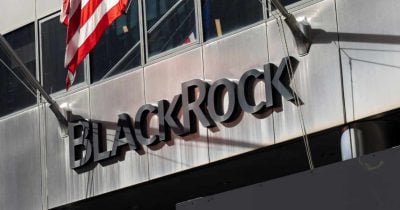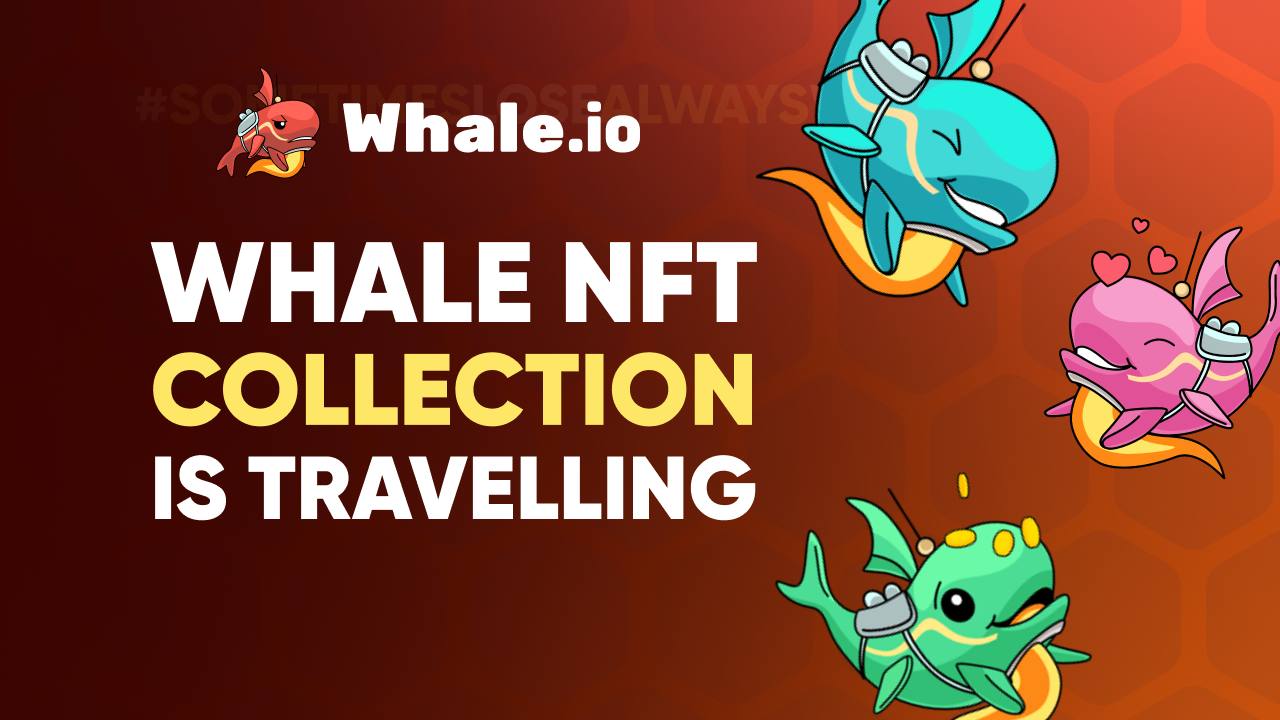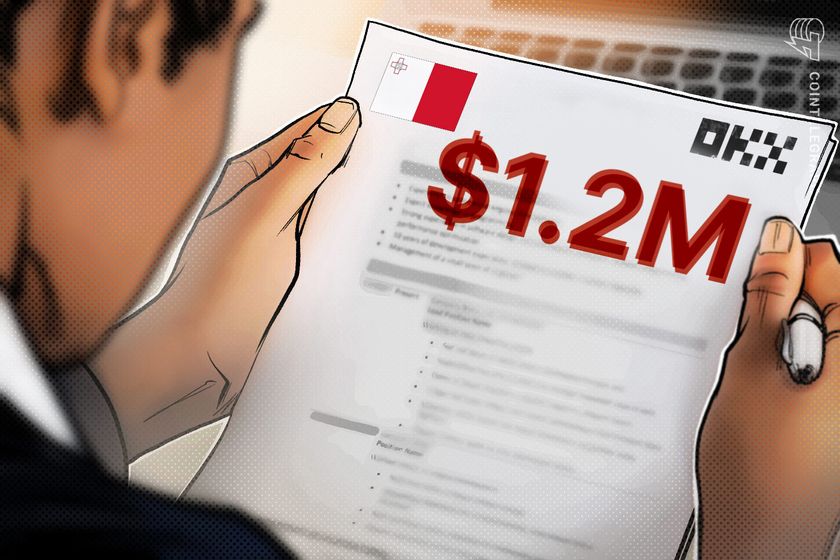You Can’t Put A Price On Greatness
If you rely on comparables to fuel a market-based pricing model, by definition you can only invest in consensus themes, which it turns out, have a habit of torching venture capital and rarely produce the generational winners. Frequent guest author Dan Gray of Equidam shares some answers to the dilemma.

Consider this dilemma: Venture capital is the pursuit of outliers, and yet startups mostly get market-based prices using comparable companies.
This contradiction creates problems on both sides of the table.
Founders are sucked into cherry-picking market data to justify the terms they want to get, while investors manipulate comparables to suit the price they want to pay. It’s not a meaningful negotiation, and founders usually end up losing out.
On the other hand, investors end up building fragility into their portfolio by pricing to the market. It looks great when everything is “up and to the right,” but any downturn quickly becomes systemic and sweeps the whole industry.
We saw a consequence of the latter in 2022, when GPs were criticized by their own investors for not properly marking the value of their portfolios after the crash. With the market frozen and prices at rock bottom, the comparable approach was suddenly deeply undesirable.
Founders suffered from this as well. Anyone raising in the latter part of 2022 was faced with significantly more demanding terms from investors than companies that raised mere months prior. Cost of capital was the excuse, but truthfully, investors were in panic mode.
Older and wiser investors have been describing the risks of this approach to pricing for a long time. Indeed, it seems you need to have seen at least one full market cycle to see how it plays out beyond the appealing short-term markups. The more cycles you study, the more vivid the case for greater financial literacy in venture capital becomes. Investors shouldn’t need to learn the hard way every time.
The answer(s) to that opening dilemma?
The best startups aren’t just priced, they are valued
Consider the extreme examples of SpaceX, Anduril or Uber. None of those companies were slapped with a market-based multiple. Each offered a novel concept, around which investors had to build independent conviction.
These companies had to be examined in a vacuum. There was no space startup industry to contextualize SpaceX. Taxis had existed for a long time, but there was nothing quite like Uber. AI was an existing field of study, but OpenAI beat others to commercializing LLMs by several years.
In these cases, the only way for founders and investors to align on terms is to first align on a shared vision of the future; to understand the growth potential, the moats and margins, and the ambition at exit. Essentially, the drivers of value — as measured in a valuation.
The best investors do not rely on market consensus
If you’re in the venture business, which type of companies are you looking for? Do you want option calls on a dozen generic SaaS businesses in the hope that one of them works out? Or are you hunting for a masterpiece?
If you’re in the business of finding greatness rather than following the herd, you need to be able to see value where others cannot. If you rely on comparables to fuel a market-based pricing model, by definition you can only invest in consensus themes. Consensus themes, it turns out, have a habit of torching venture capital and rarely produce the generational winners.
It can be tempting to use market-based pricing as a crutch, especially in boom times when it would justify faster deals and larger markups.
Just remember, startups are illiquid for about a decade and the market can slam shut within a year. It’s easy to find yourself with a portfolio of companies whose price may be slashed to a fraction of what you paid.
Dan Gray, a frequent guest author for Crunchbase News, is the head of insights at Equidam, a platform for startup valuation.
Illustration: Li-Anne Dias












































































































































































![[The AI Show Episode 142]: ChatGPT’s New Image Generator, Studio Ghibli Craze and Backlash, Gemini 2.5, OpenAI Academy, 4o Updates, Vibe Marketing & xAI Acquires X](https://www.marketingaiinstitute.com/hubfs/ep%20142%20cover.png)














































































































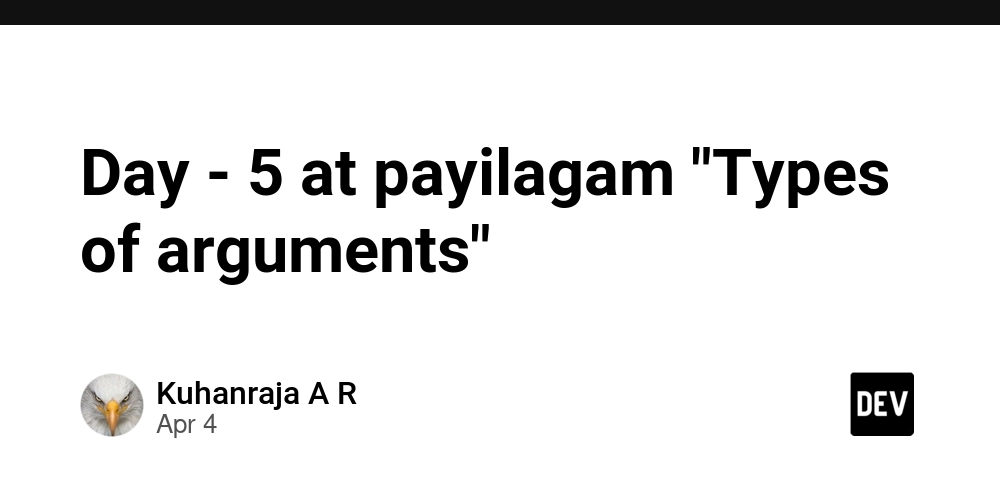

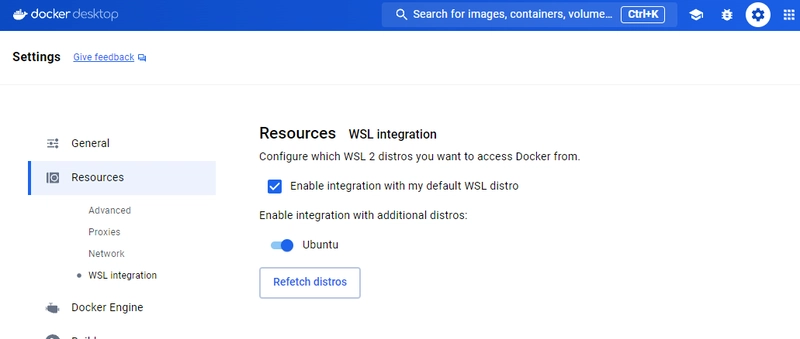






























































































































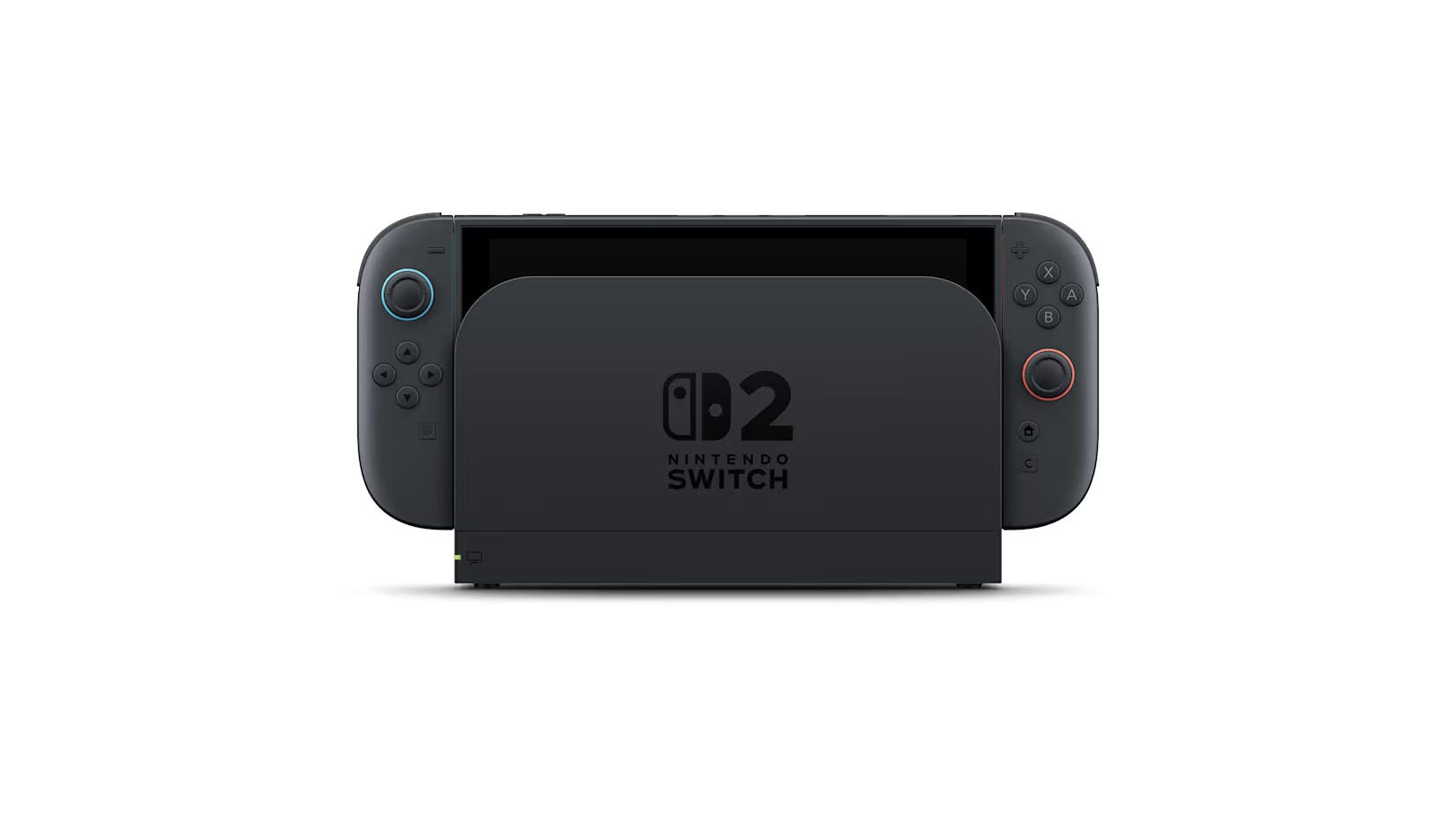






































































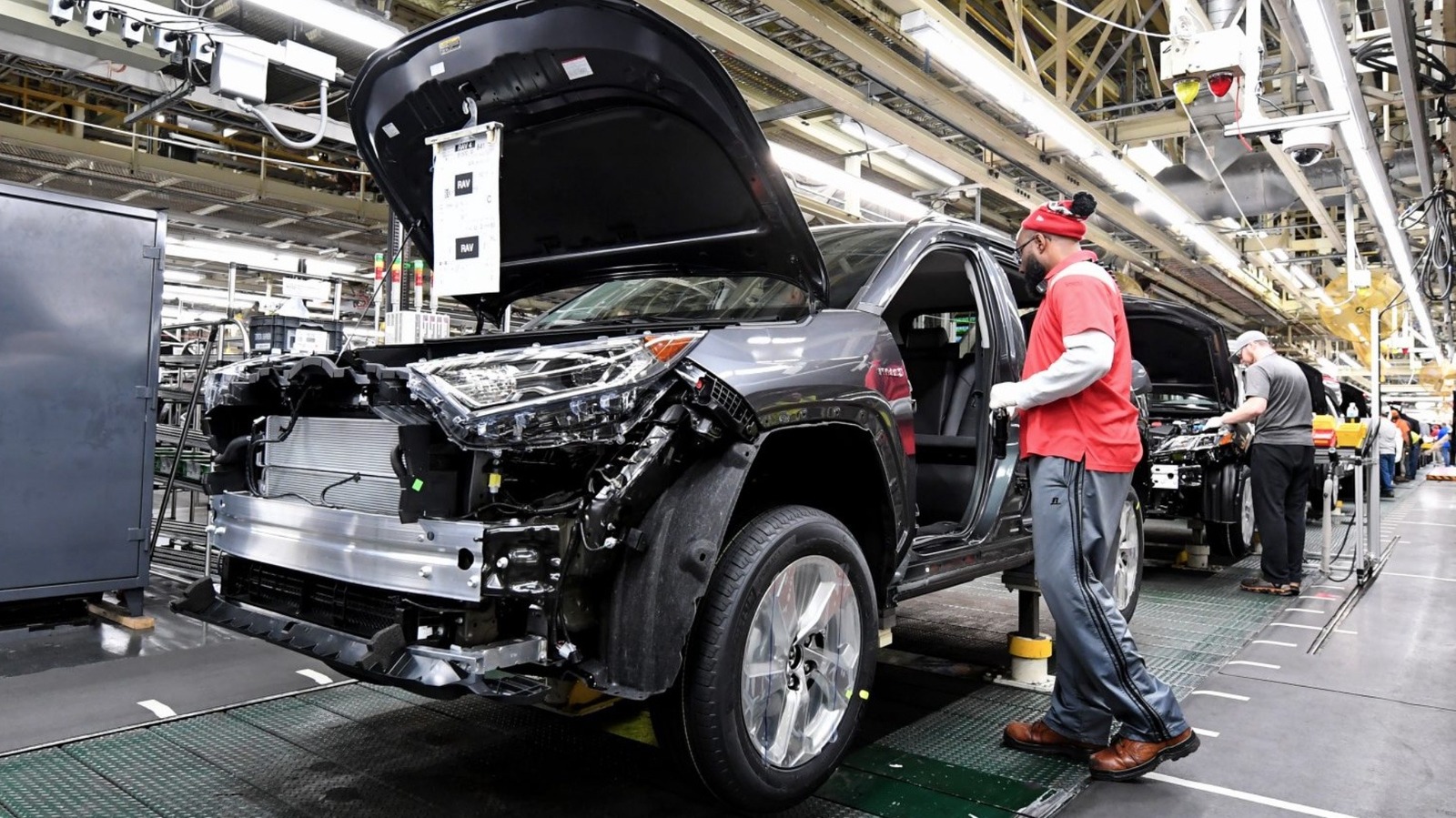

































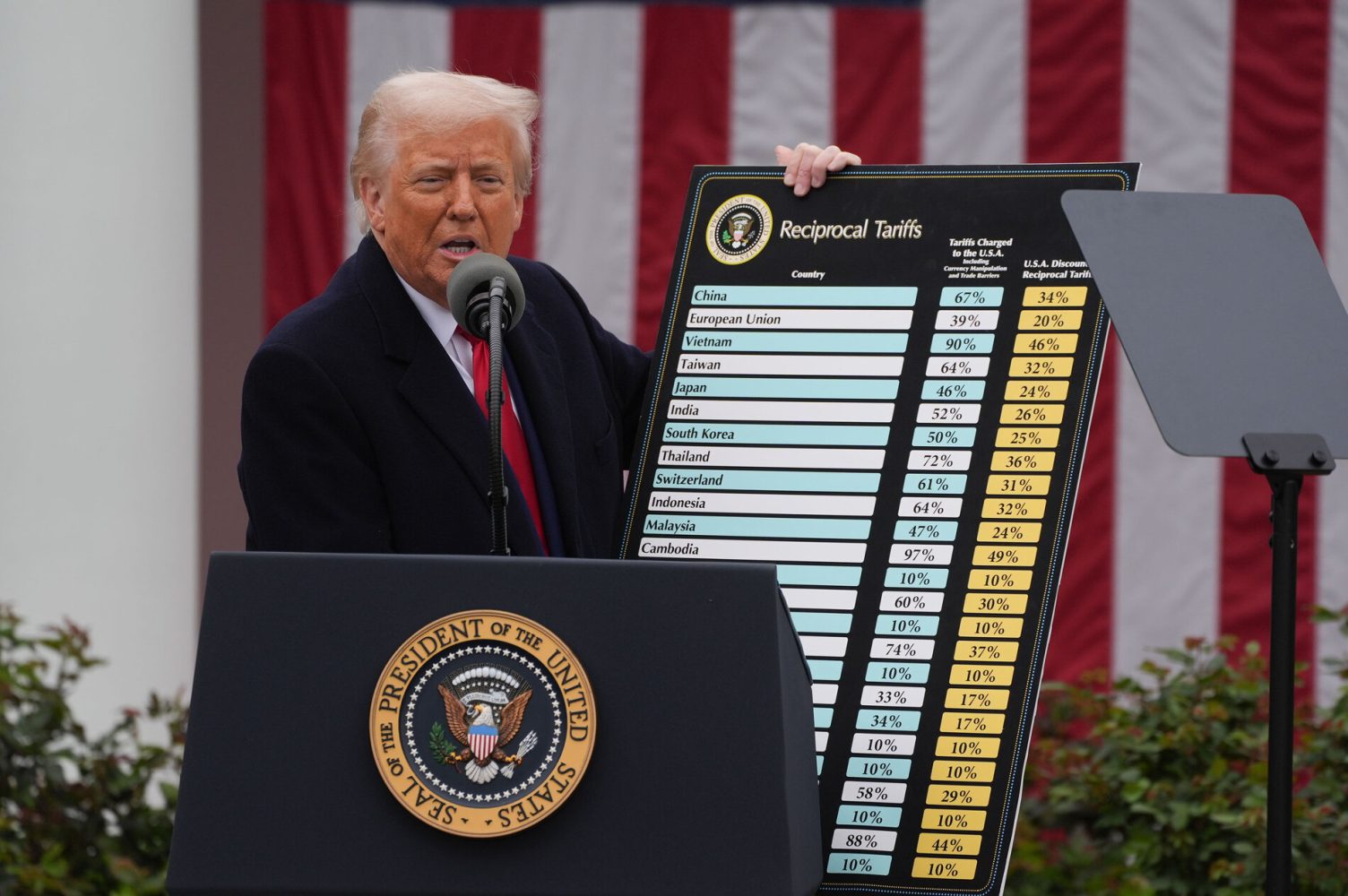




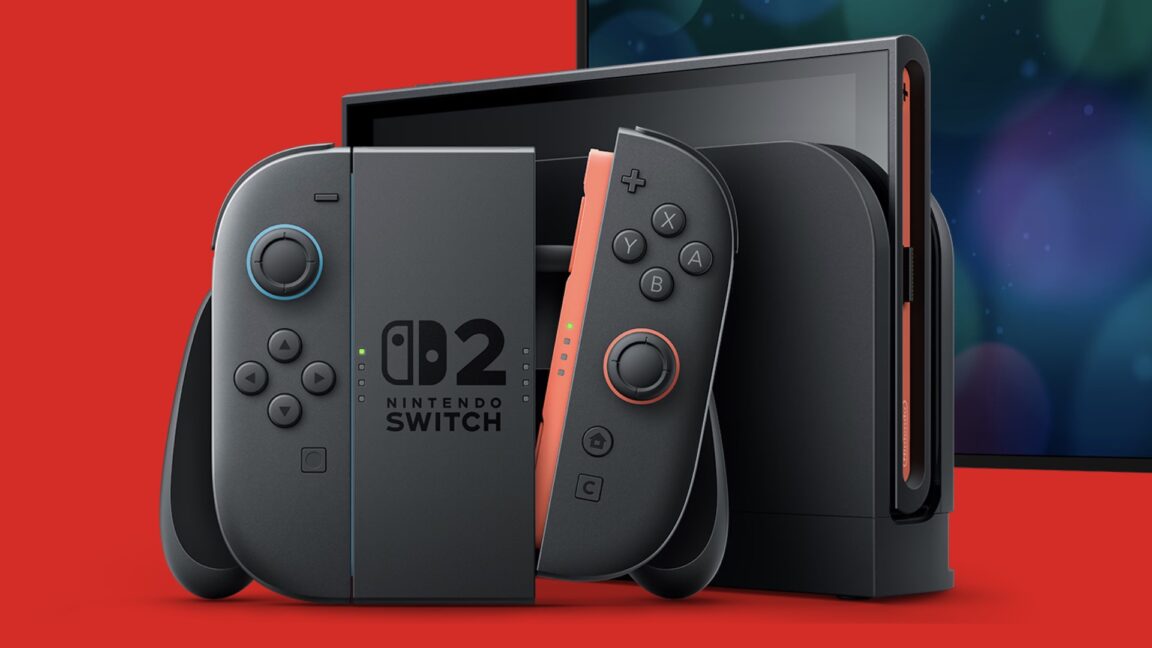



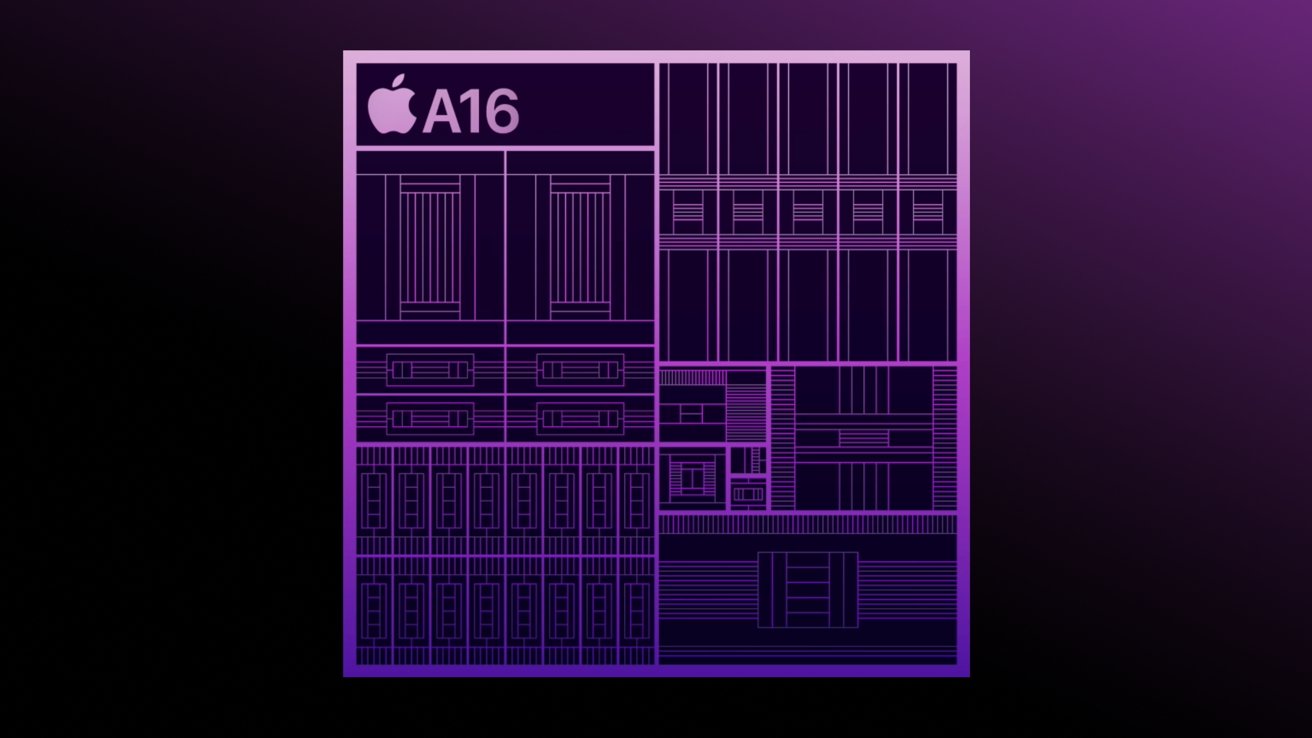
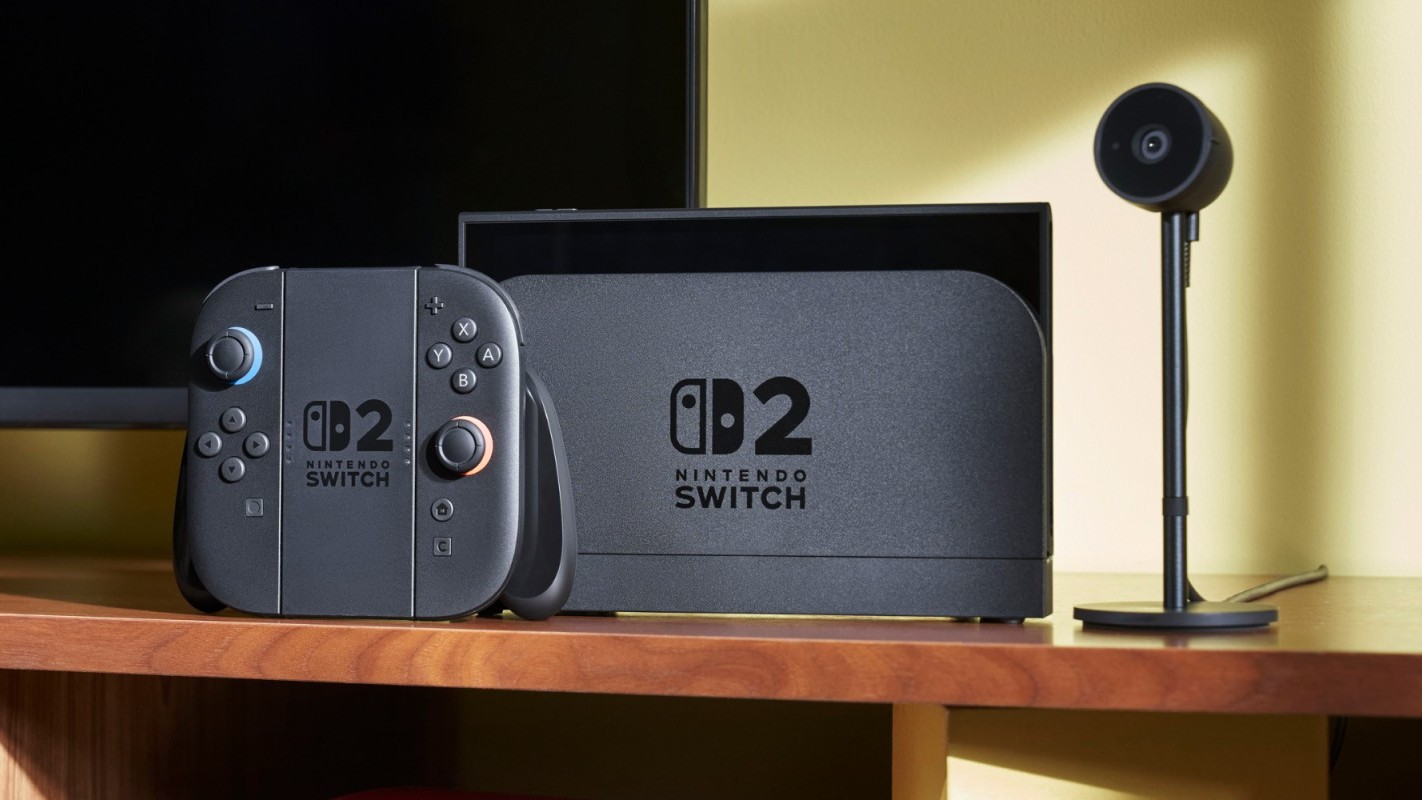



























![YouTube Announces New Creation Tools for Shorts [Video]](https://www.iclarified.com/images/news/96923/96923/96923-640.jpg)

![Apple Faces New Tariffs but Has Options to Soften the Blow [Kuo]](https://www.iclarified.com/images/news/96921/96921/96921-640.jpg)











































































































